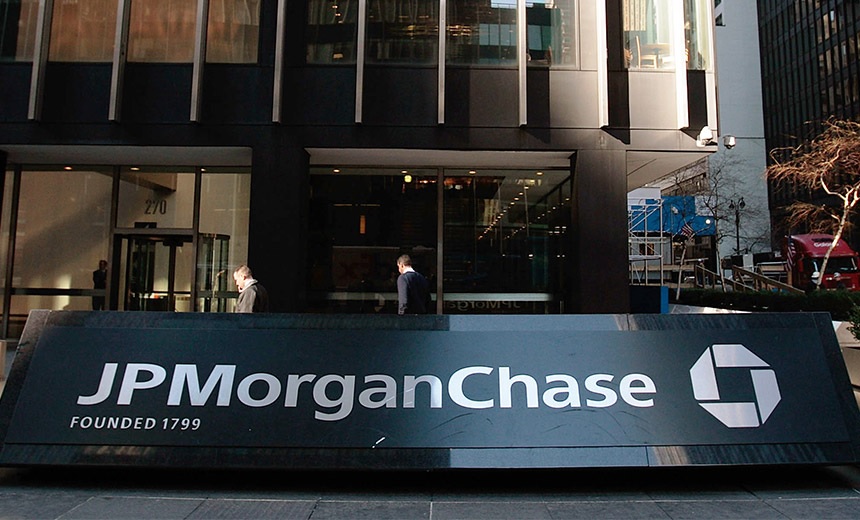JPMorgan Chase Q2 results fall below expectations

JPMorgan Chase reported on Thursday that the bank's
second-quarter profit fell as it increased reserves for bad loans by $428
million while discontinuing share repurchases.
In a statement, he said that the American economy is
still booming and that the employment market, consumer spending, and consumers'
purchasing power are all stable.
The war in Ukraine and its detrimental effects on
global energy and food prices, along with geopolitical tension, high inflation,
declining consumer confidence, uncertainty over how high interest rates must
go, previously unseen quantitative tightening, and their impact on global
liquidity, are all likely to have negative future effects on the global market,
according to Dimon.
In light of this, JPMorgan has decided to
"temporarily" halt its share buybacks in order to meet regulatory
capital requirements, a development that alarmed analysts earlier in the
year. The bank was compelled to maintain its dividend last month as competitors
increased their rewards.
The bank's stock plummeted 2.5% in premarket
trading.
In comparison to expectations, the bank performed as
follows, according to a Refinitiv survey of analysts:
·
$2.76 earnings per share compared to
$2.88 projected
·
Managed revenue was $31.63 billion vs
the projected $31.95 billion.
The reserve increase was mostly to blame for the
profit fall of 28% from a year ago to $8.65 billion, or $2.76 per share,
according to a statement from the New York-based bank. A year earlier, the
bank profited from a reserve of $3 billion.
According to figures compiled by Refinitiv, managed
revenue increased marginally by 1% to $31.63 billion, aided by the positive
impact of rising interest rates, although it fell short of analysts' forecasts.
However, analysts have started to lower their profit
projections for the industry due to worries about an impending recession, and
most significant bank stocks have recently fallen to 52-week lows. Due to the
significant reduction in financial asset values, corporations may announce new
writedowns in their revenue from mortgages and capital markets operations.
A significant tailwind for the sector last
year—reserve releases as loans outperformed expectations—has started to reverse
as banks are required to lay aside funds for future defaults as the likelihood
of a recession increases.
JPMorgan was the first bank to start putting aside
money for loan losses back in April, recording a $902 million charge for
increasing credit reserves in the quarter. That complemented Dimon's more sober
view that he has been conveying. He issued a warning about an impending
economic storm in early June.
Considering this forecast, bank analysts would
inquire as to whether management can reduce spending in response to economic
conditions.
Through Wednesday, JPMorgan stock had fallen 29
percent, more than the 19 percent slump seen by the KBW Bank Index.
The results of Morgan Stanley's earnings report on
Thursday lagged behind those of JPMorgan's and those of Wall Street. A decline
in investment banking income affected the bank.


Be the first to comment!
You must login to comment